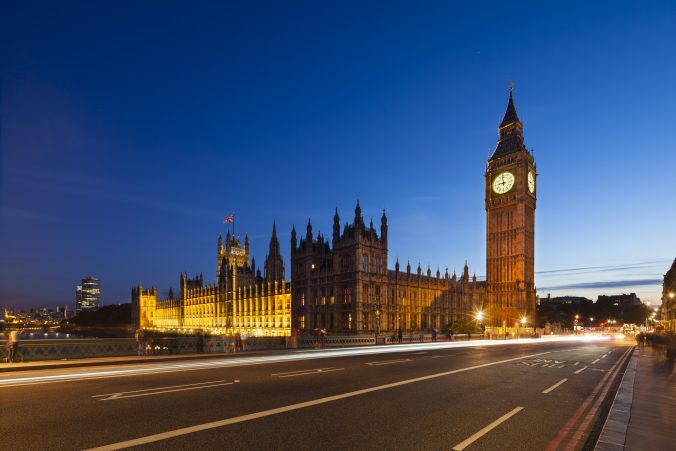HM Treasury has announced that Chancellor Rishi Sunak will deliver the Autumn 2021 Budget on Wednesday 27 October.
On 7 September the Chancellor launched Spending Review 2021, which will conclude on 27 October and will be presented alongside the Autumn Budget. The Spending Review will outline government departments’ resource and capital budgets from 2022/23 to 2024/25.
The Spending Review is also expected to set out how the government will deliver on its promises to the British public through leading the transition to net zero across the country; ensuring strong and innovative public services; levelling up across the UK to increase and spread opportunity; and delivering its Plan for Growth.
The Chancellor said:
‘Despite the worst economic recession in 300 years, we have not only got people back into work through the Plan for Jobs but continued to deliver on the priorities of the British people.
‘At the Spending Review . . . , I will set out how we will continue to invest in public services and drive growth while keeping the public finances on a sustainable path.’
Internet link: GOV.UK












